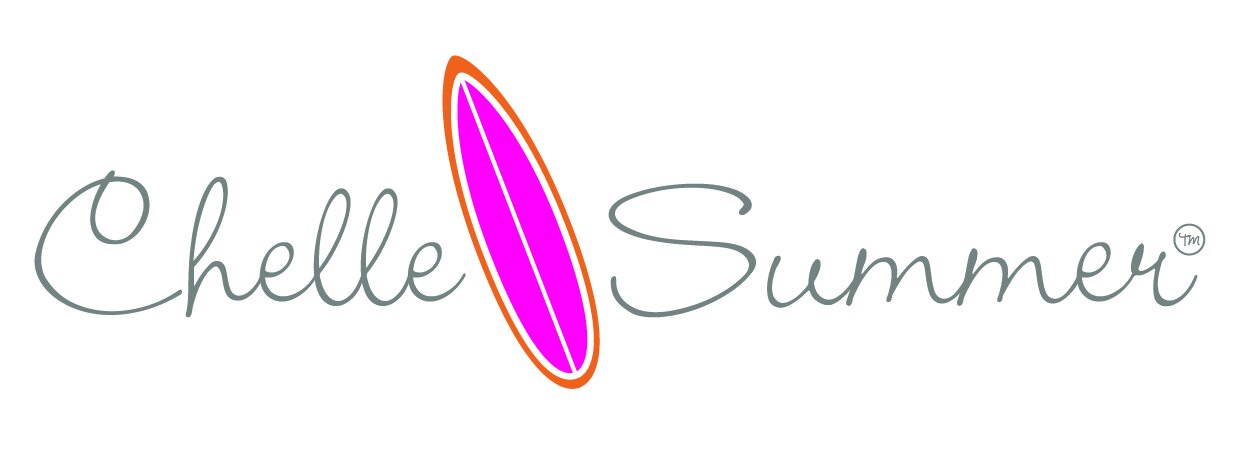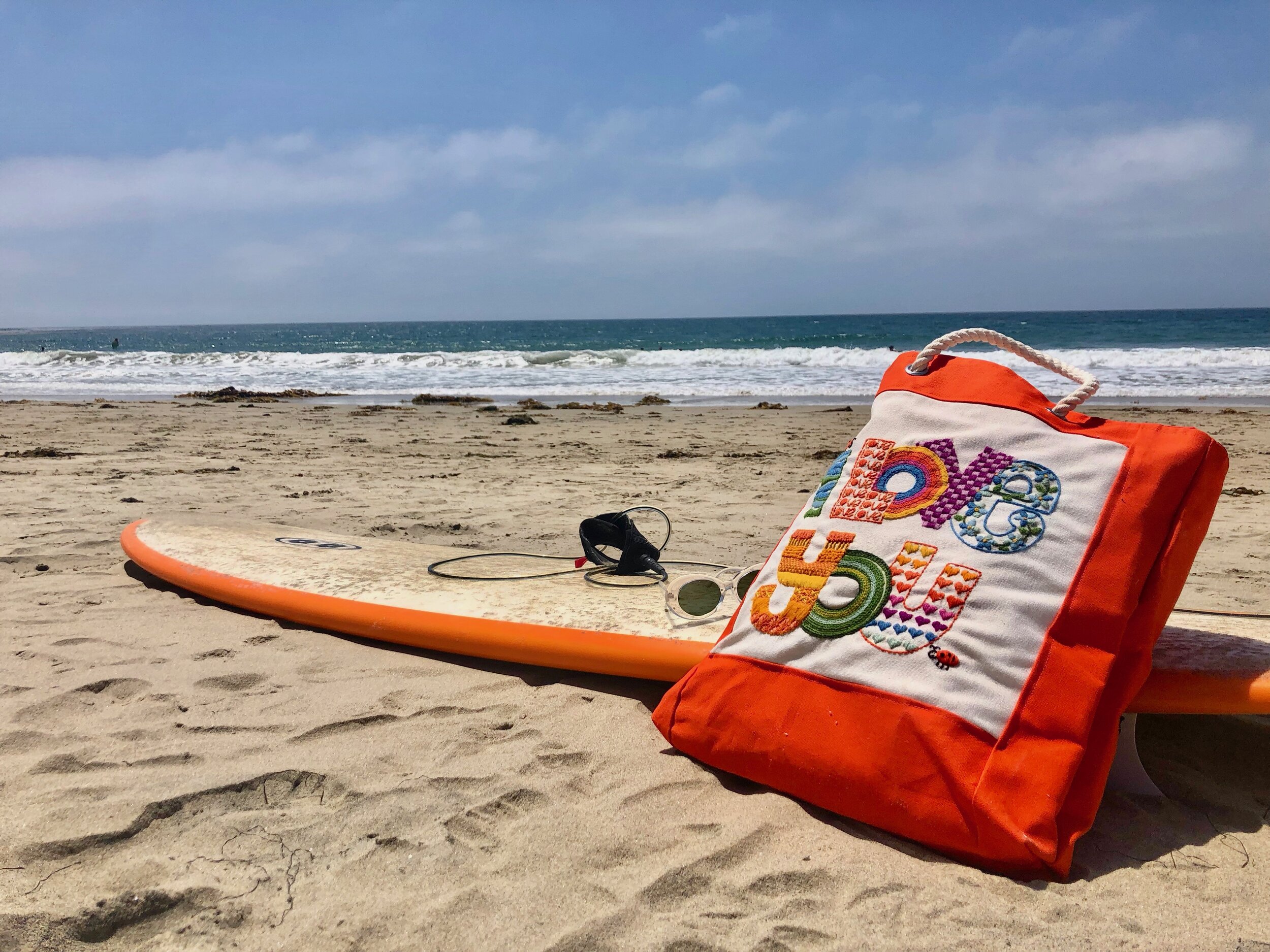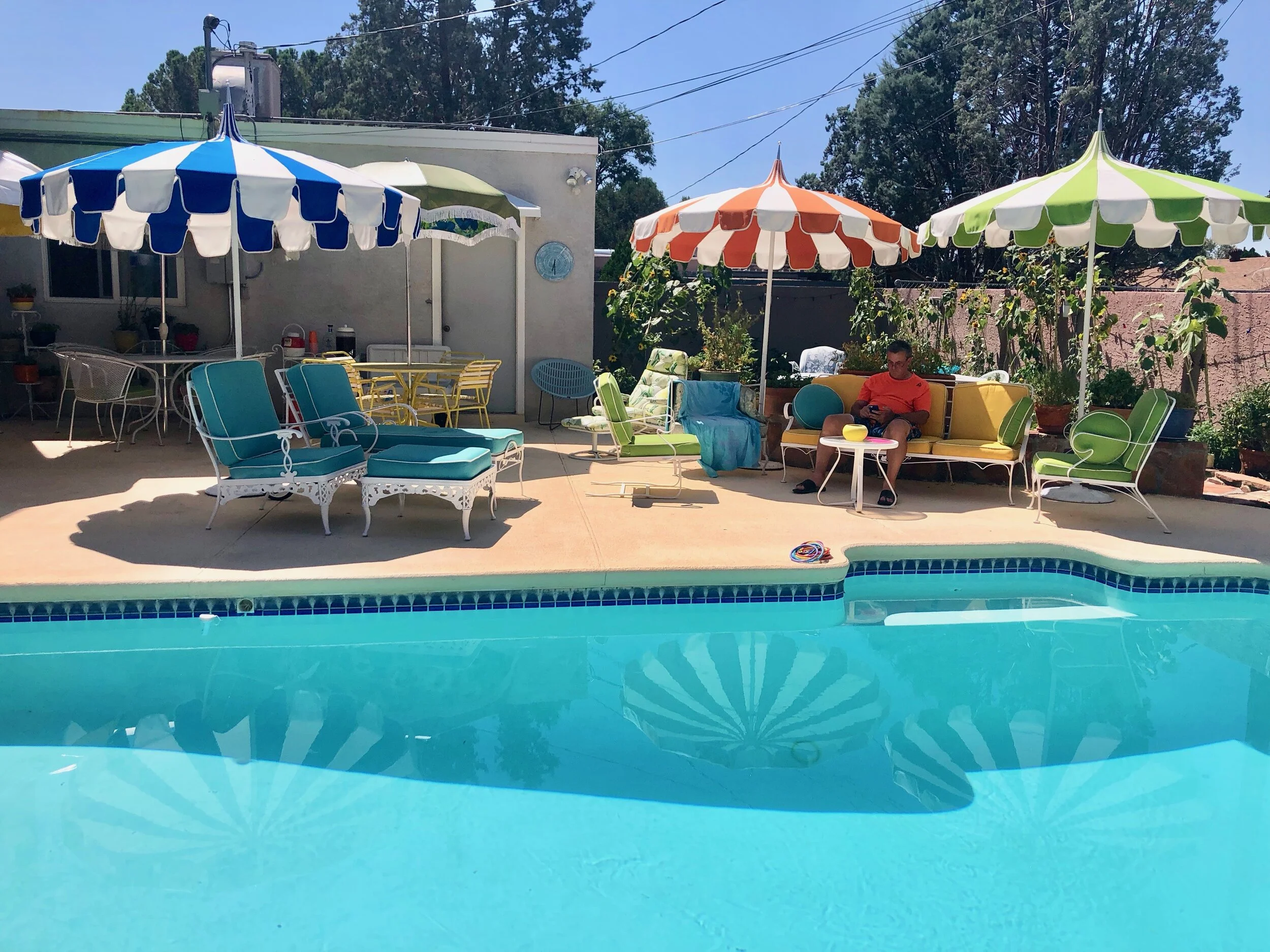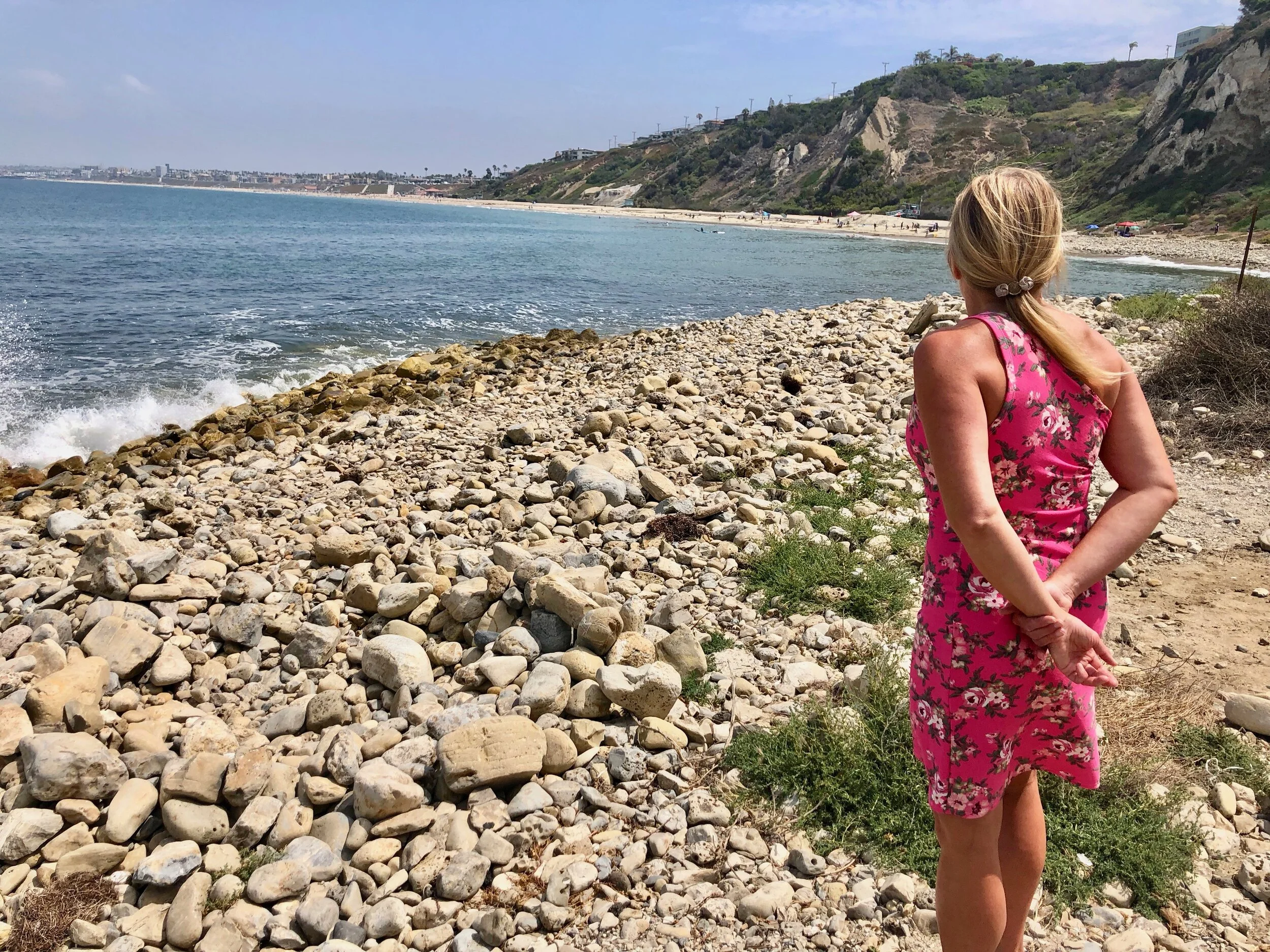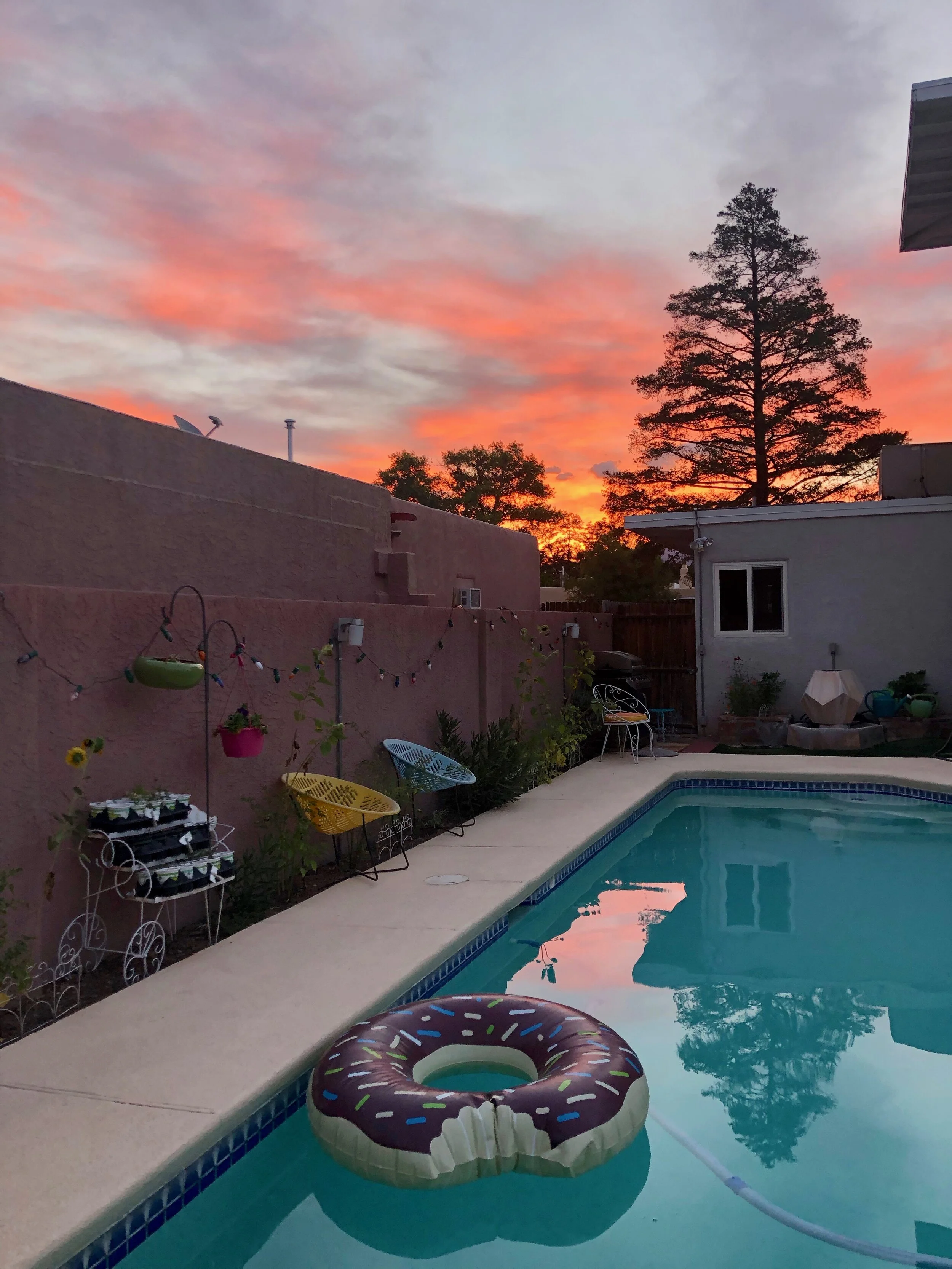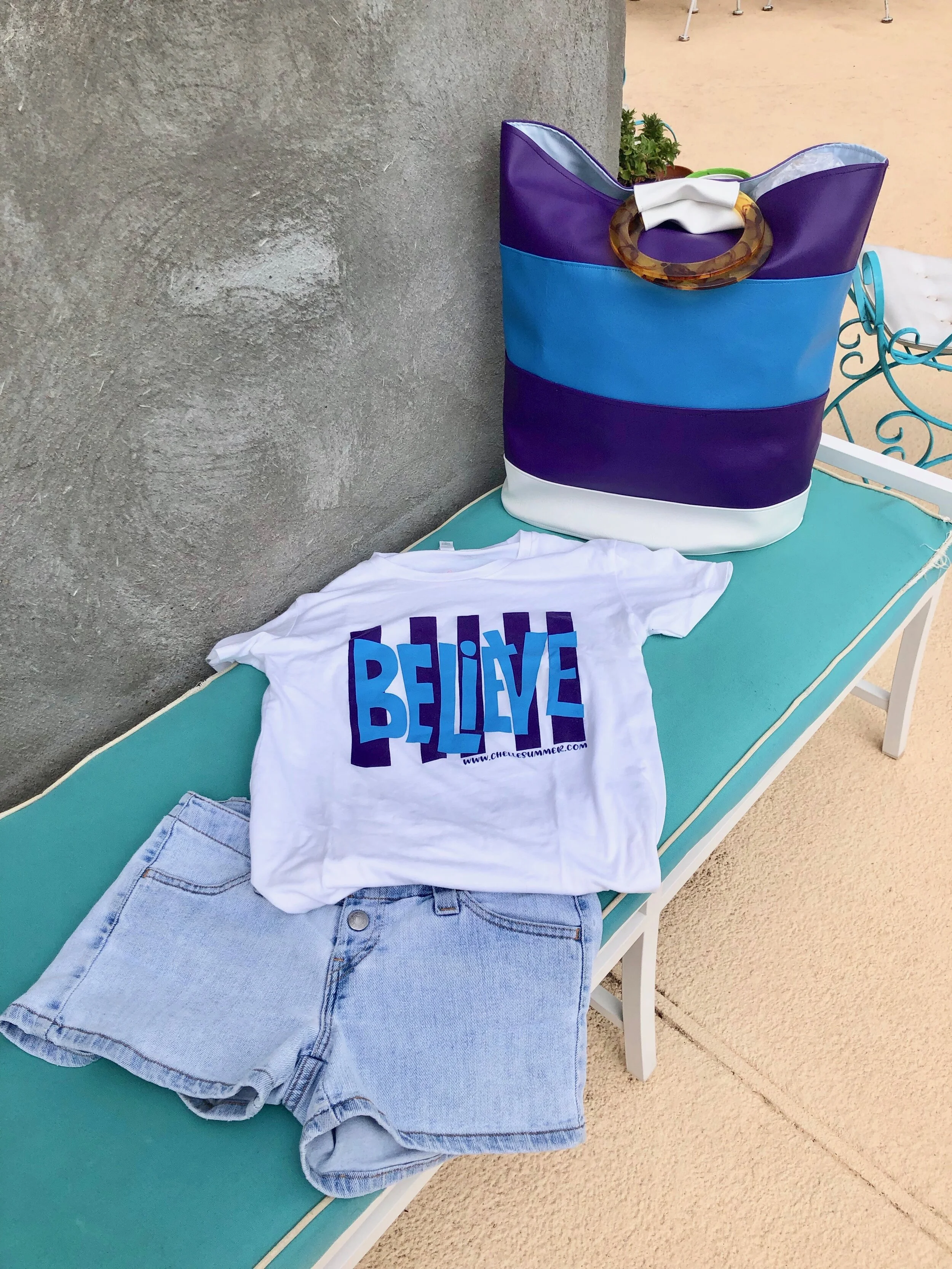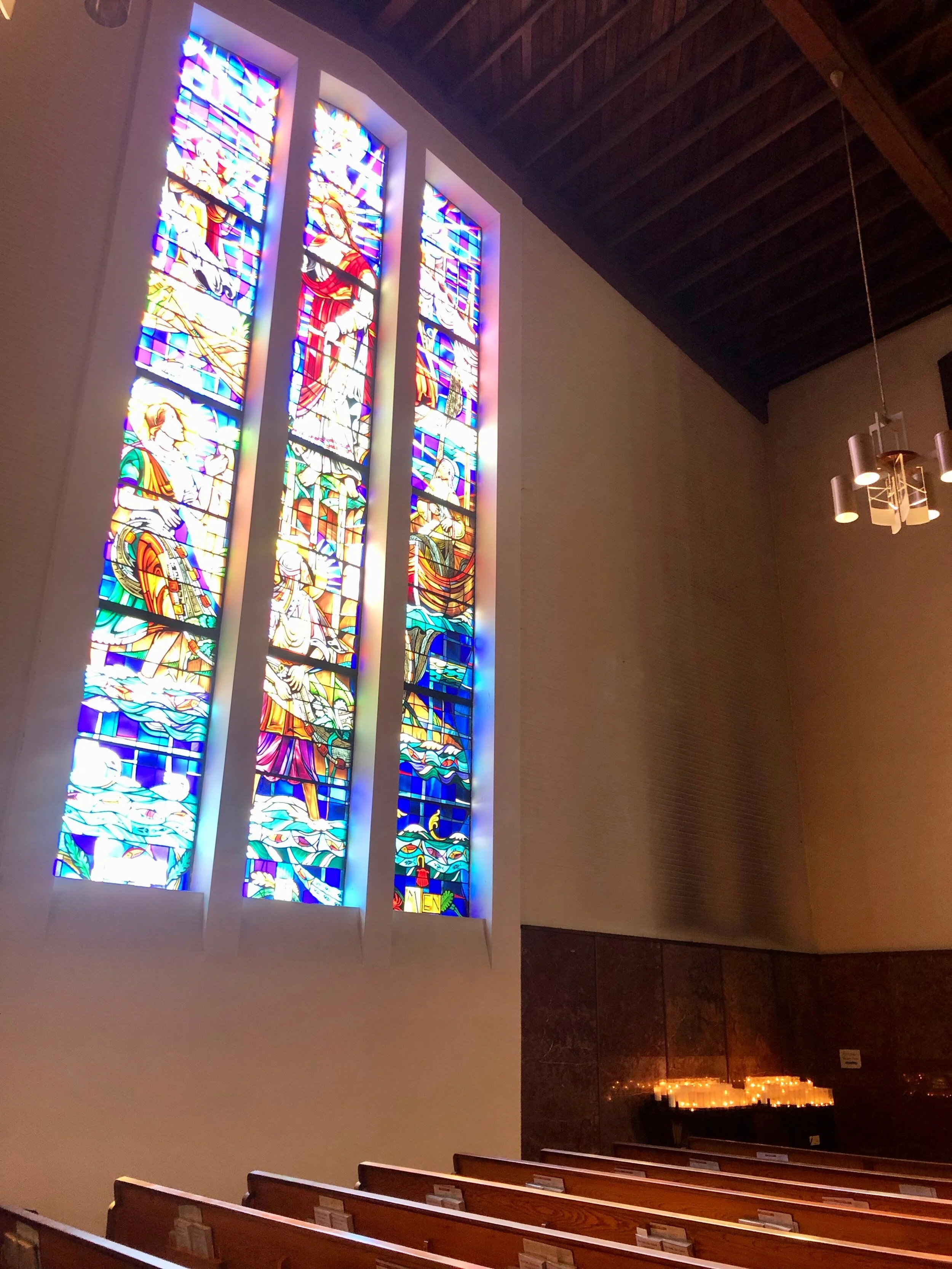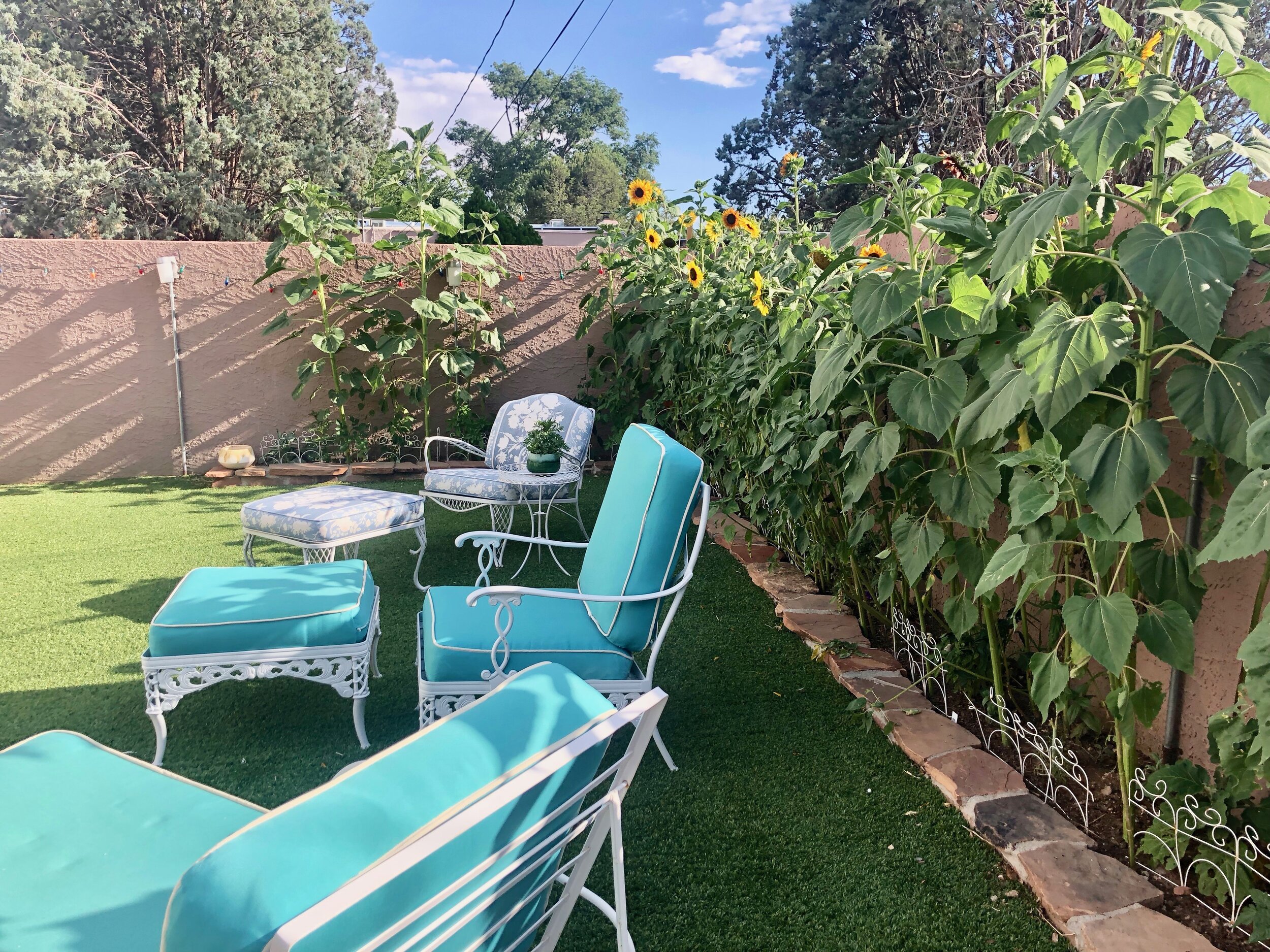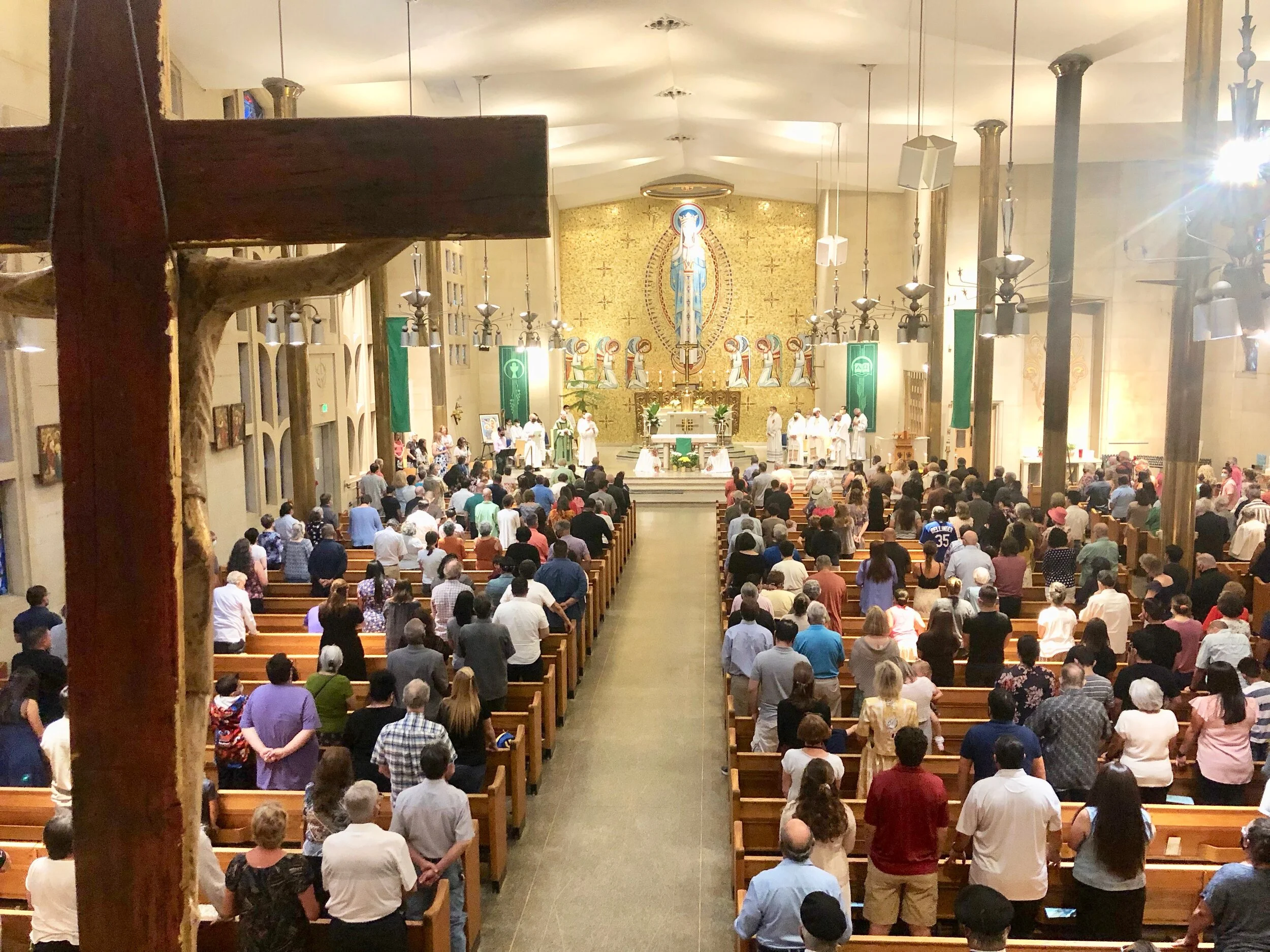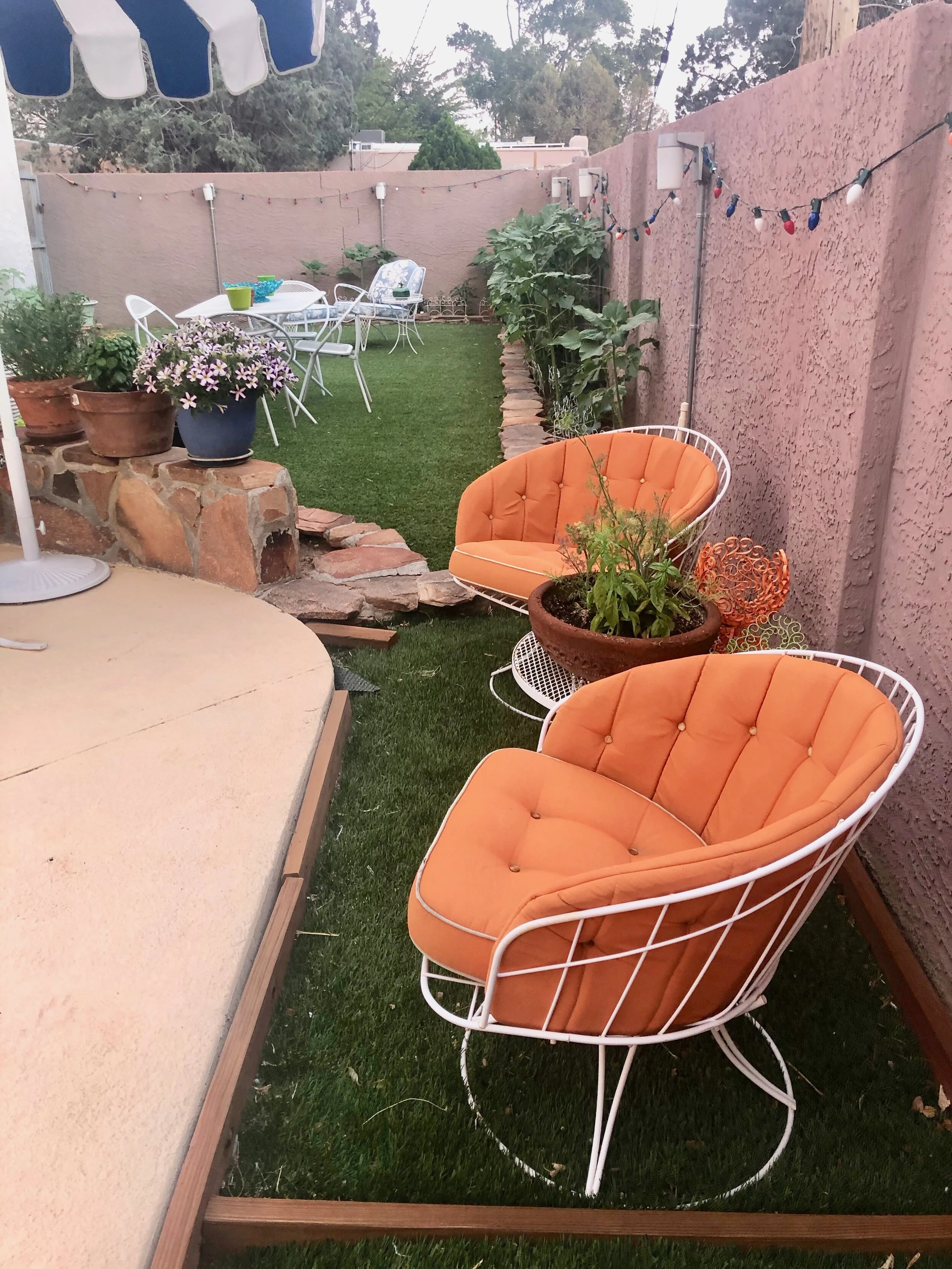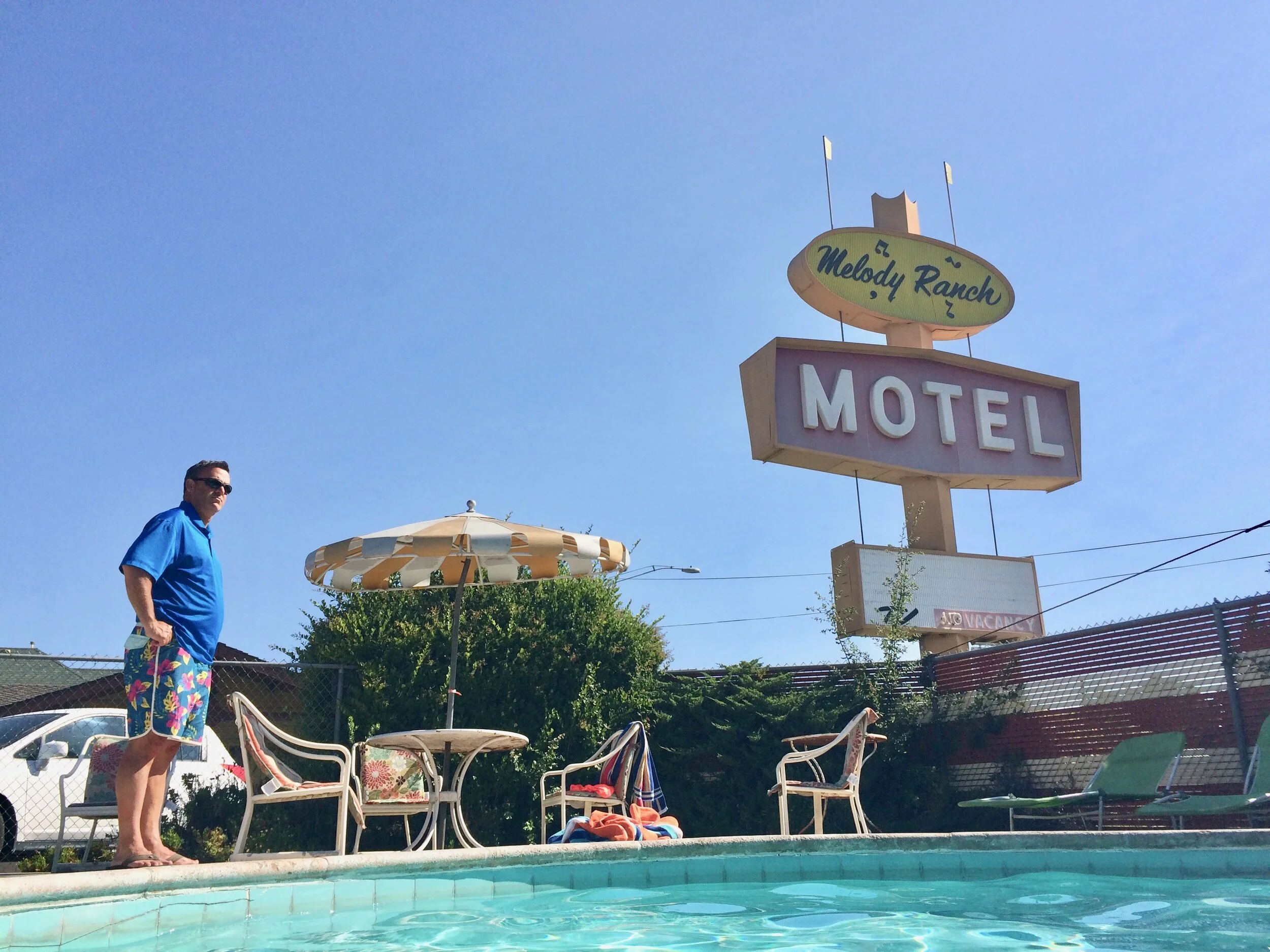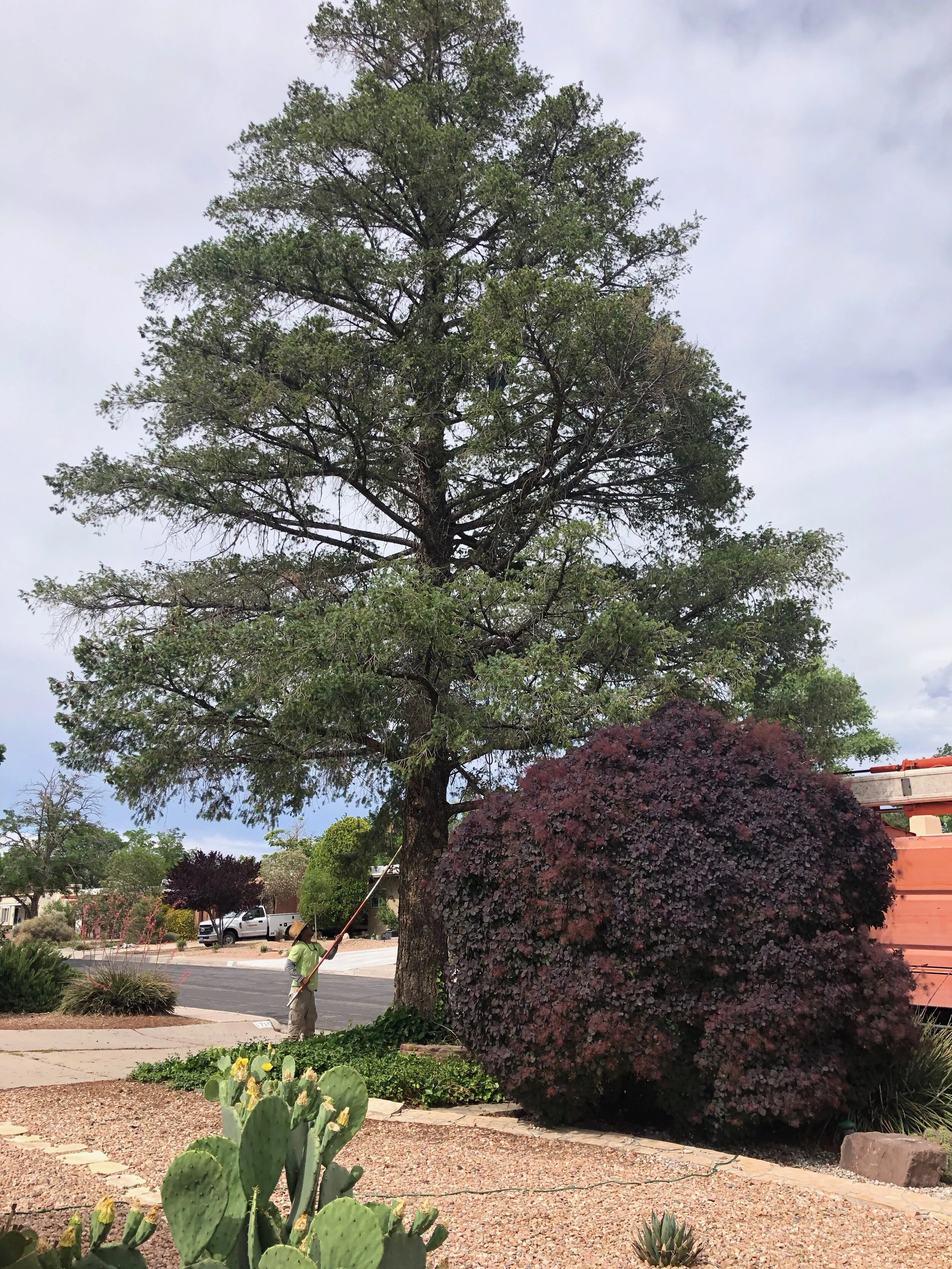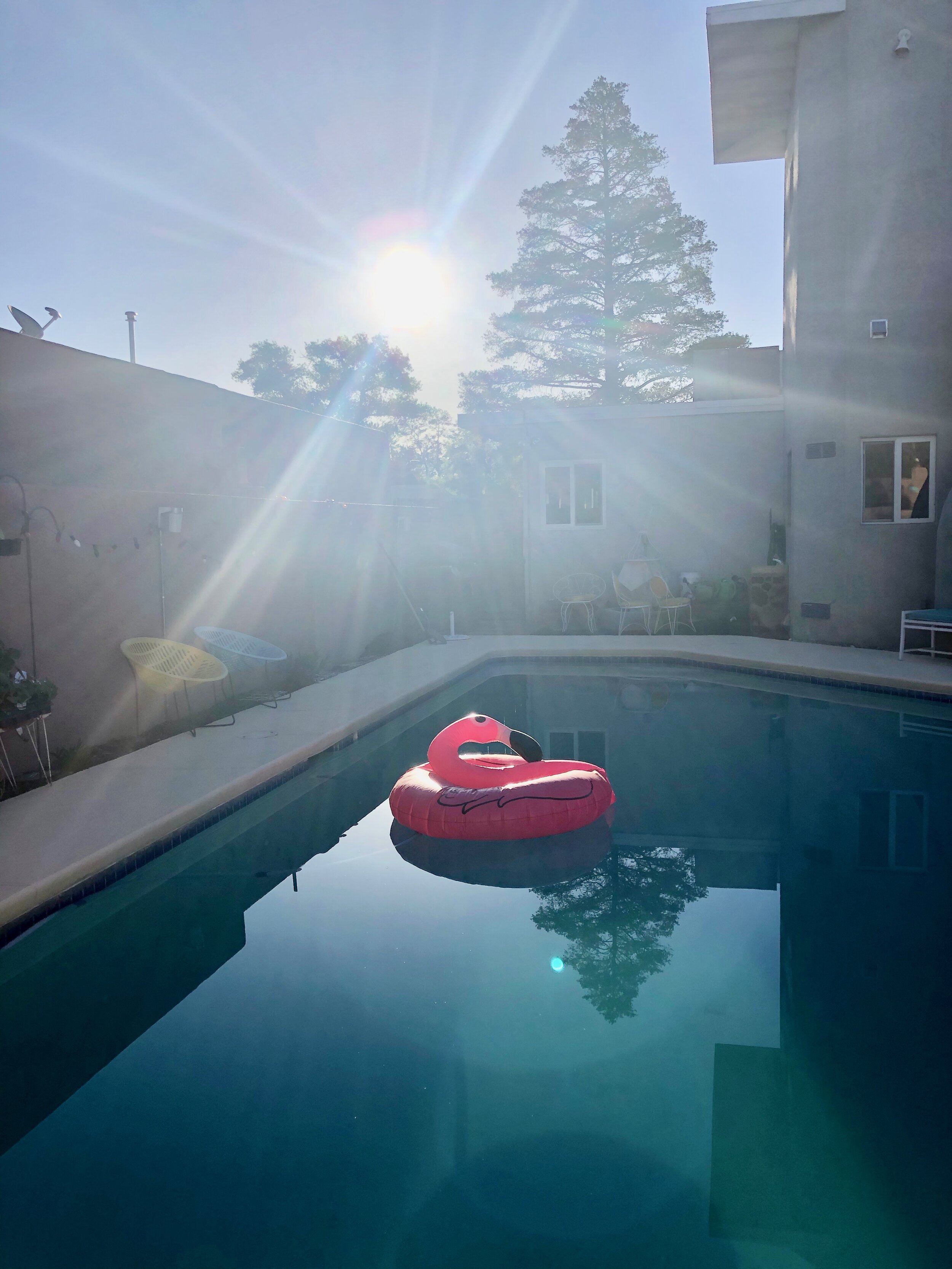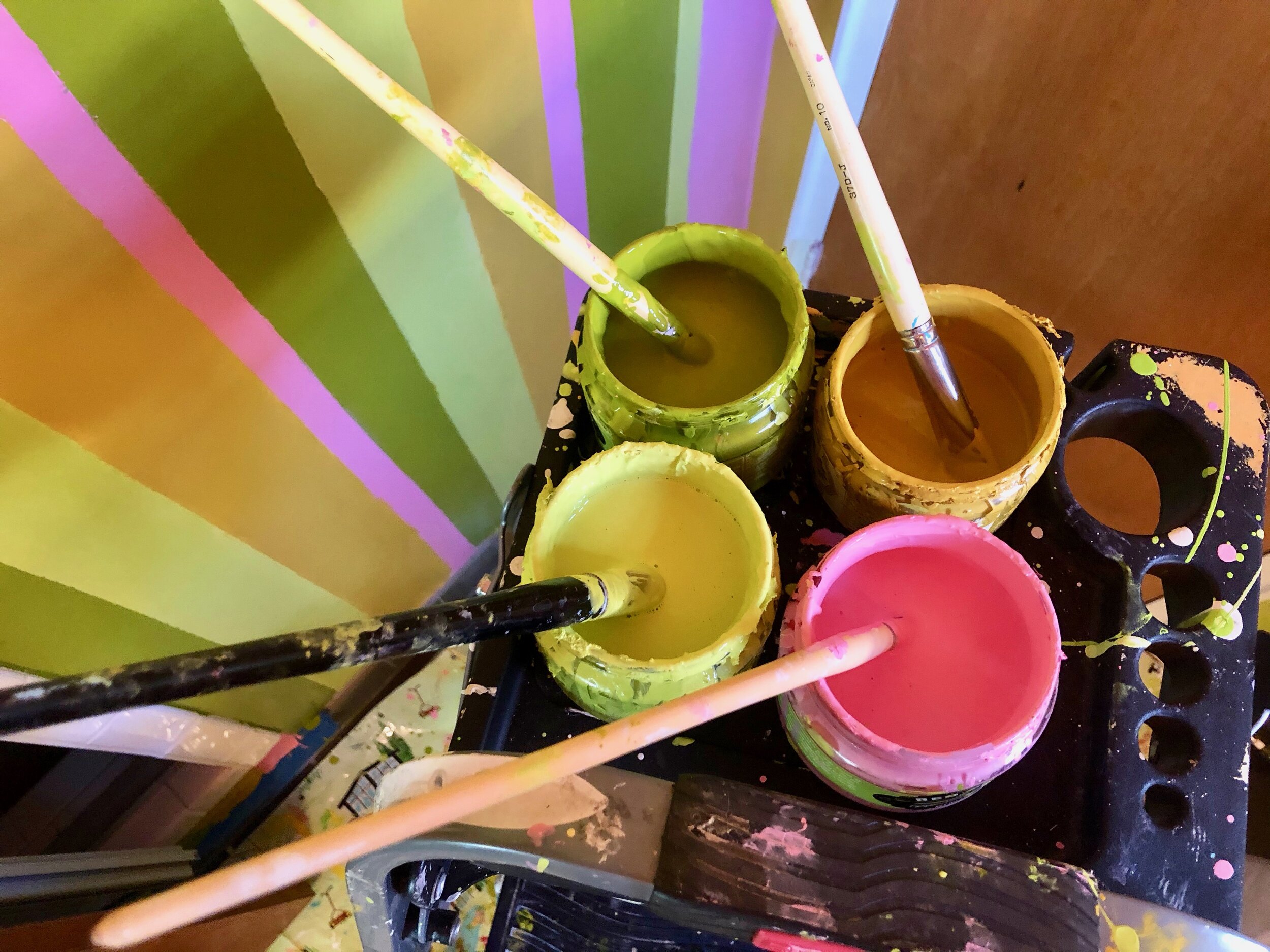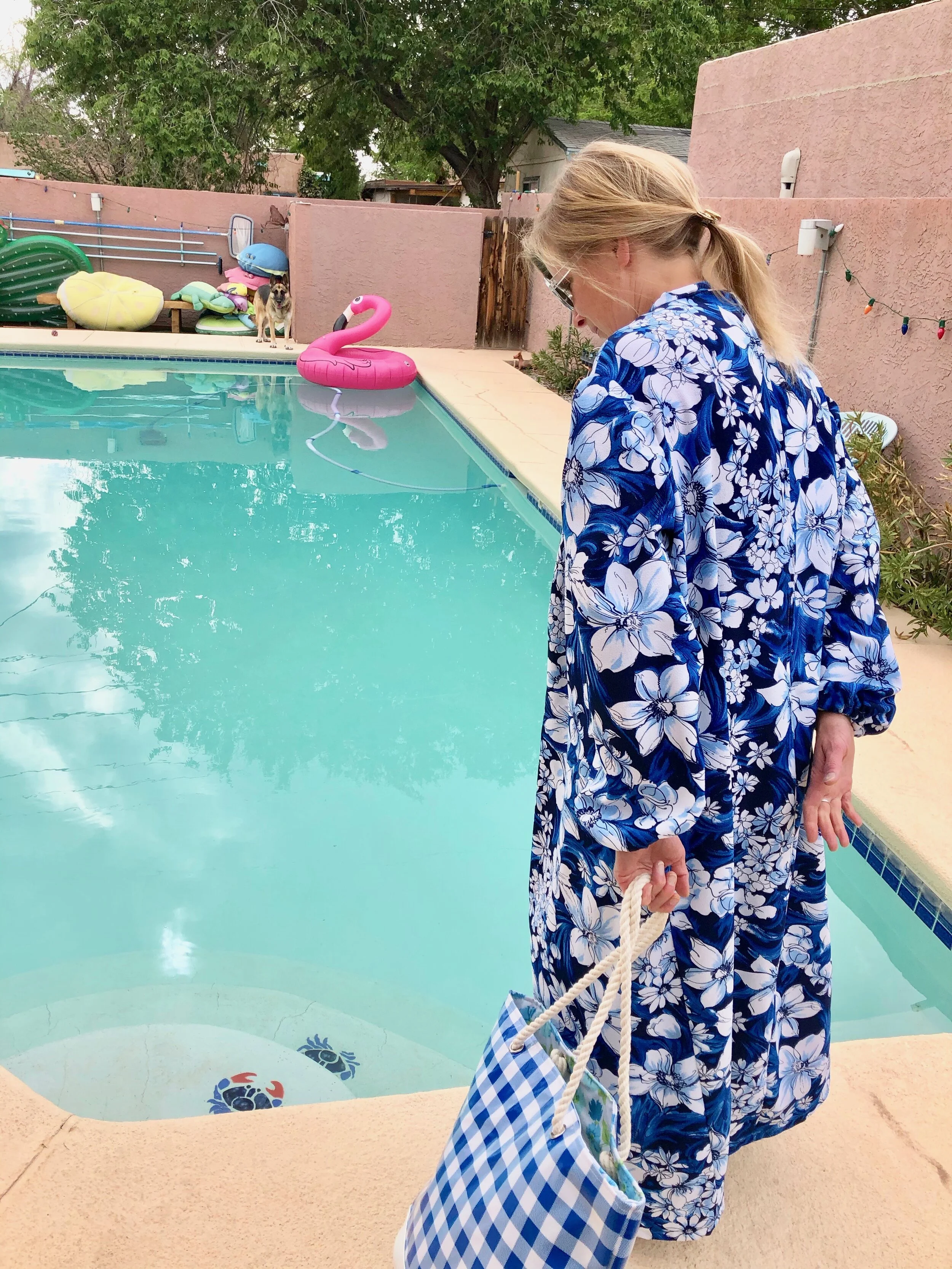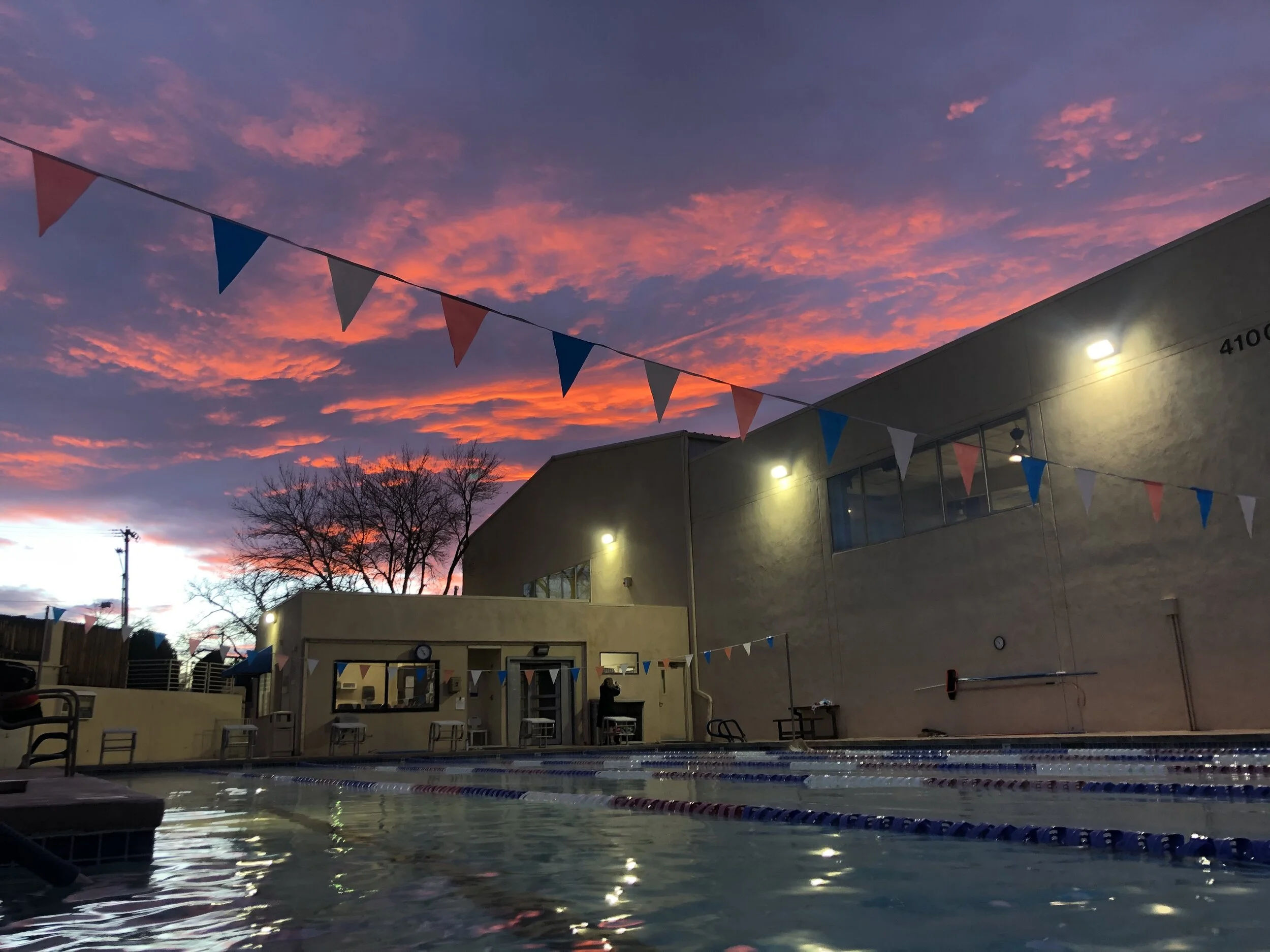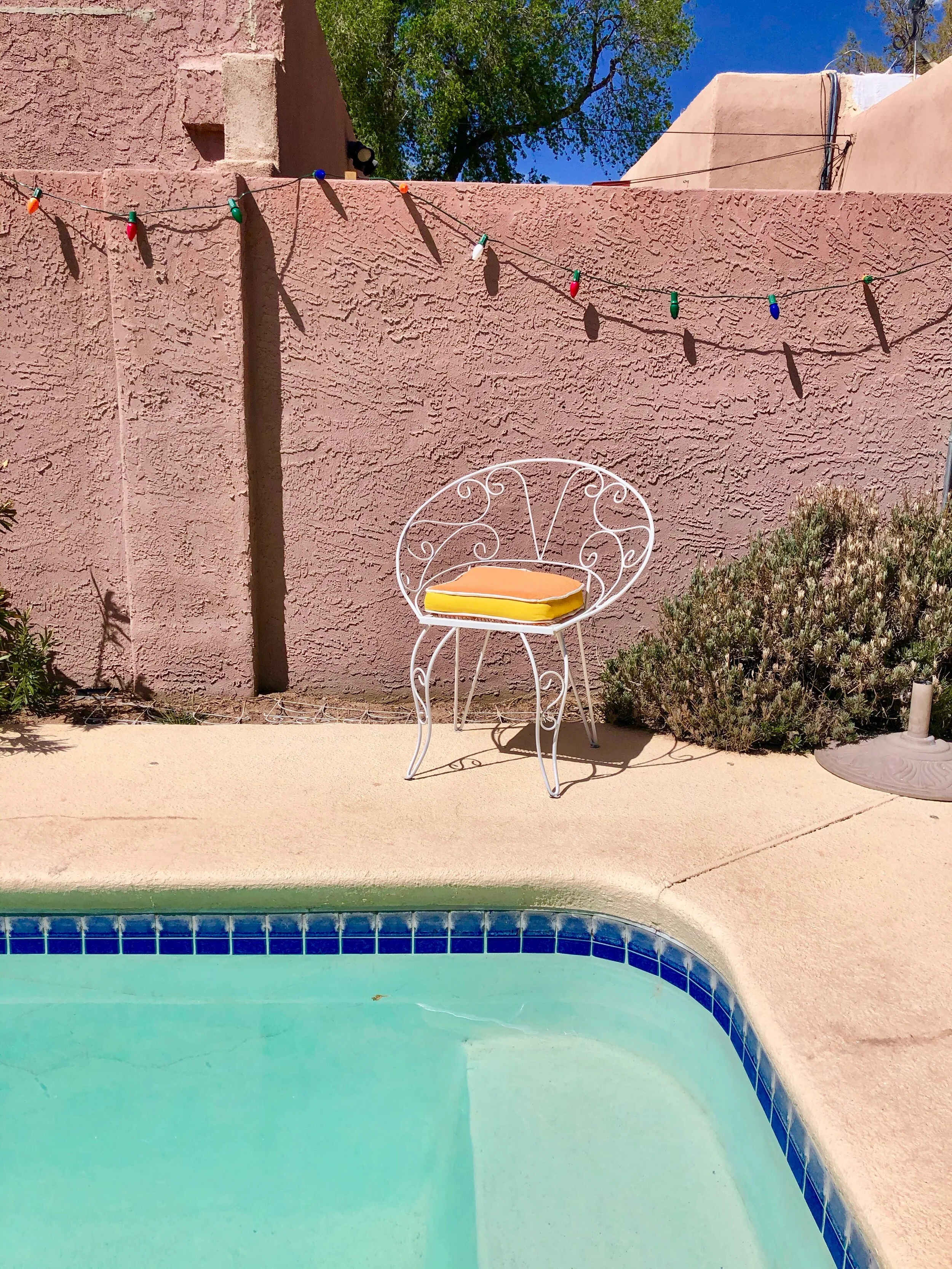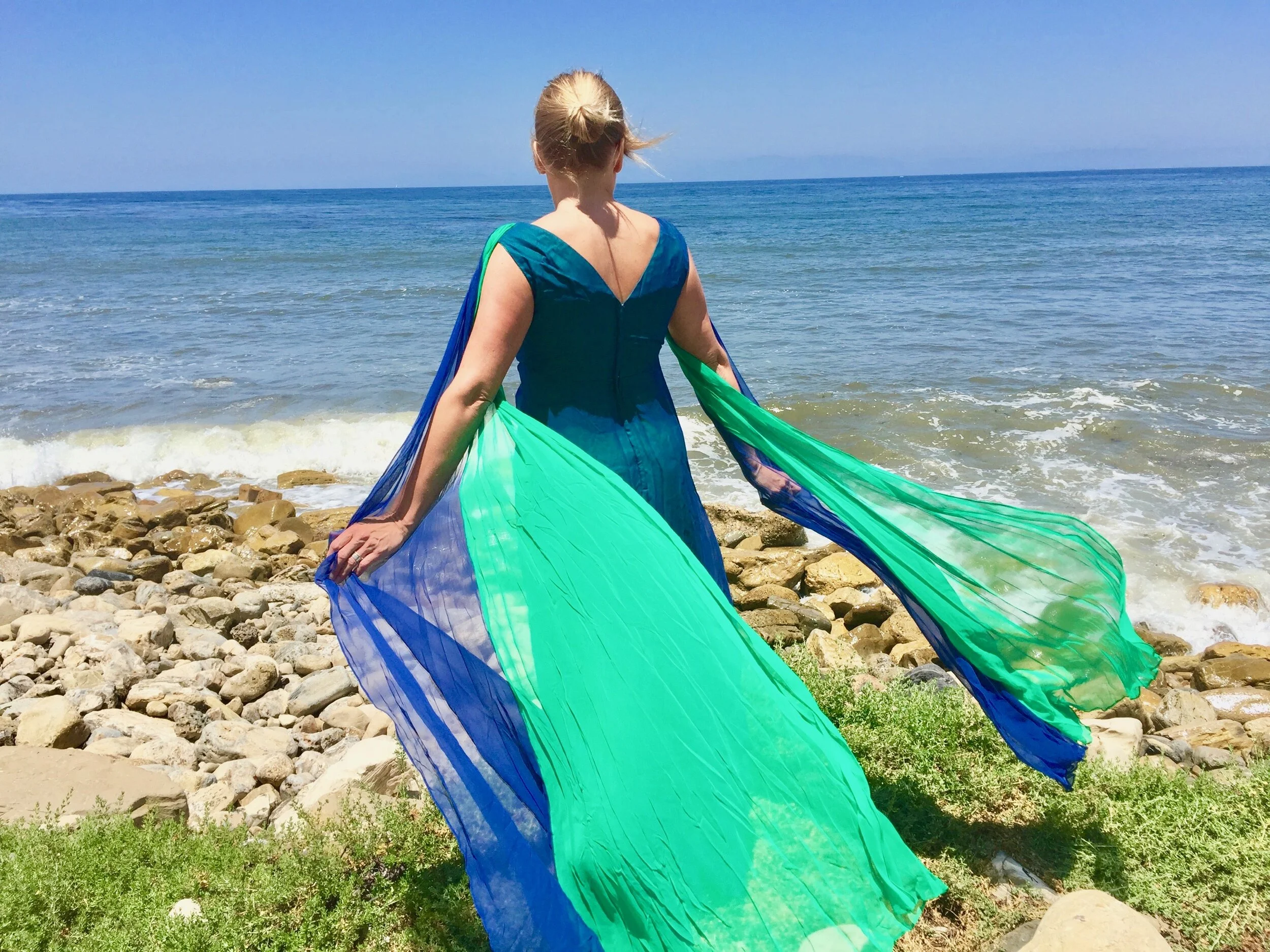In the nearly ten years– I just realized it’s been ten years almost to the date– I’ve been attending Immaculate Conception Church, I’ve never been in the choir loft. While it’s usually not open, it was Sunday as the church held a farewell mass for the Jesuits who are leaving Albuquerque (and the church that they founded) after 154 years.
It was a different perspective than I’ve ever had and one I’m grateful for as we start a new journey this week with new priests and a new vibe.
I was not happy, although I understood, when I found out a year ago we’d be losing the Jesuits. Ten years ago, someone in my life suggested I find the Jesuit church here, believing I would like spirituality that comes with the order. I learned a lot in these ten years, not just about Jesuits, but about myself, and I can see how my own spirituality has grown. My life has also changed in some major ways in ten years– the end of a marriage, the death of my mom, a new marriage, a huge shift in my professional life, and the list goes on.
I knew that some point Fr. Warren Broussard, our pastor and the priest who married us would leave, but I didn’t expect to lose all the priests and their Jesuitism as I’ll call it. I spent the past year fighting my head, wanting to walk away from the social media that I do for the church with the pandemic brewing around us. I wasn’t even sure the church would survive when the building and land could be sold, especially with not enough priests go to around (Fr. Broussard put a squash on my thinking that at dinner here at my house about five weeks ago though).
But if we left the church where we were married, the church that I have spent so much time talking to God, feeling Our Lady of Guadalupe with me, hearing the messages I need to go forward in my life, where we would go? I had options, but nothing felt right.
Fr. Gene and I discussed it at my spiritual direction meetings with him at the Norbertine Monastery. It was a virus loss for me and I wondered if the pandemic was telling me to make a change. Yet something inside me nagged not to do anything, to hold on until we found out who and what was next. Fr. Gene reminded me that I did need to get back to church when things opened up because “You can’t go it alone.”
I hung on and in June, when we found out who our new pastor would be and I met with him, learned more about the priests who would join him, I told Greg, “We’re staying. I feel good about the future.”
Many people yesterday at the farewell mass and reception told me of their sadness for the Jesuits leaving. I get it, but I also feel like I have processed it already, maybe because I put so much effort into letting go over the past year, that I am ready for what’s next.
After all, as I have lamented here about a conversation with Fr. Anthony some time ago about how sometimes God asks you to give up something for something better. It’s about giving up the swimming pool for the ocean. I can’t swim in the ocean well right now with my popping shoulder, but I know that I need to let go of that fear because God is saying, “I know it’s hard, but don’t be afraid because what’s ahead, if you choose to let go, will give you something greater than you can imagine from where you’re standing.”
